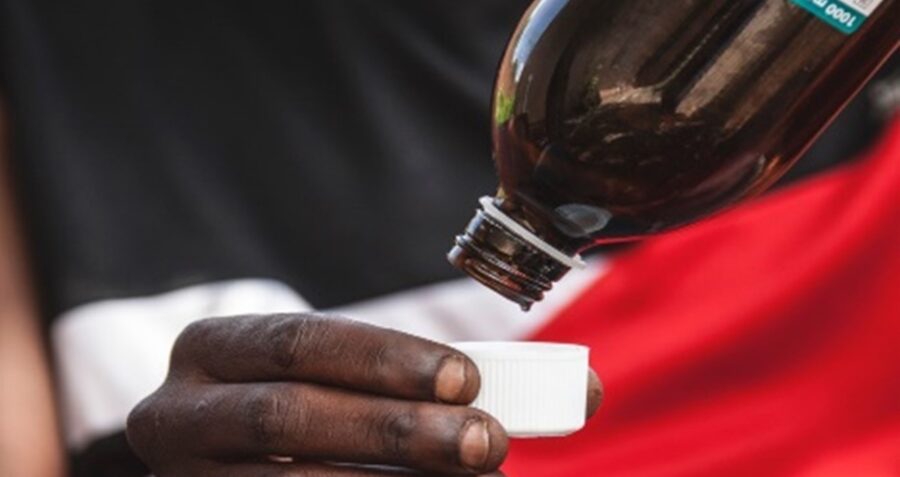Hepatitis B & C screening and treatment for PWUD in South Africa

Key information
- Organisation: National Aids Convention of South Africa (NACOSA)
- Country: South Africa
- Region: Eastern and Southern Africa
- Stage of innovation: Stage 6: In the market and Ready to scale
- Start date: August 2021
- End date: March 2022
- Type of innovation: Service innovation: new or improved service
- Budget: 121,130 USD
- Funder: Global Fund
Summary of intervention
Viral hepatitis is a major health issue among people who inject drugs (PWID). Prior to the Global Fund hepatitis pilot, hepatitis C (HCV) prevalence was estimated at 44% in Cape Town and 35% in eThekwini. However, it is preventable through access to sterile injecting equipment and opioid substitution therapy, and curable with direct-acting antiretroviral medications. Hepatitis B (HBV) is responsible for significant morbidity and mortality in South Africa, with 5% of PWID living with it, although it is vaccine-preventable and can be managed with chronic medication. Without treatment, co-infection with HIV and HBV or HCV increases disease progression and worsens health outcomes. During the Global Fund pilot, NACOSA found that the overall HCV prevalence was 83% (n=349), ranging from 67% (n=63) in eThekwini, 77%(n=75) in Cape Town, 92% (n=199) in Johannesburg to 100%(n=13) in Sedibeng.
NACOSA is aiming to reduce the prevalence and incidence of HCV through testing and treating PWID. It also aims to reduce the incidence of HBV by testing and vaccinating negative PWID and referring those HBV-positive for treatment. This innovation is targeting PWID starting or already on opioid substitution therapy in Cape Town, Johannesburg, Sedibeng and eThekwini.
The intervention has confirmed the prevalence of HBV and HCV in the PWID community, increased the number of people on HCV treatment, and administered HBV vaccinations to many who would previously not have accessed them.
learnings
There were challenges obtaining PCR results from the National Health Laboratory Service (NHLS). Only 53 clients received HCV PCR tests as they are not available in all NHLS labs, resulting in bloods travelling across the country and specimens getting lost. NACOSA had to change to a private lab for HCV PCRs but it was difficult to get clients back to take confirmatory bloods.
All OST patients were tested from August 2021 and those diagnosed with HCV needed to start a 3-month treatment but food poverty was an obstacle. Costs meant HCV treatment was only available to a limited number of OST patients. Lab tests for PCRs were expensive. Many HBV negatives received the first of three vaccinations but did not return for the second or third.
NACOSA obtained the direct-acting antiviral (DAA) medicines through a Section 21 application to the South African Health Products Regulatory Society, delaying the pilot. Clients lost to follow-up on OST were also then lost to hepatitis treatment.
next steps
For sustainability, tailored care for DAA initiation and adherence, such as treatment readiness counselling and pill monitoring is needed; greater capacity within the NHLS to enable HCV PCR testing across the country, and advocacy for additional funding or government support for HCV positive PWID that are not on OST to access these lifesaving services is critical.
Standardised HCV and HBV testing should be done with key populations at government facilities and viral hepatitis services should be routinely integrated into primary healthcare for key populations.
sustainability
NACOSA is on the Hepatitis Technical Working Group and continues to advocate for guidelines and government support.
For more information, visit the NACOSA website.

